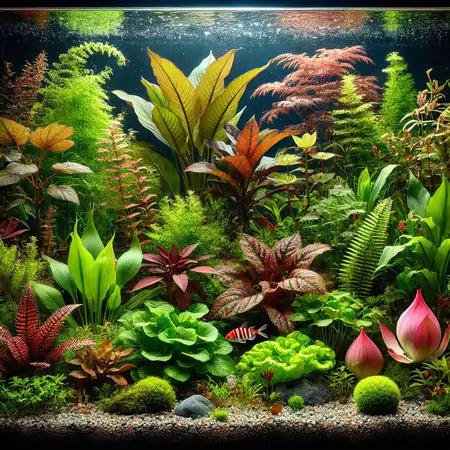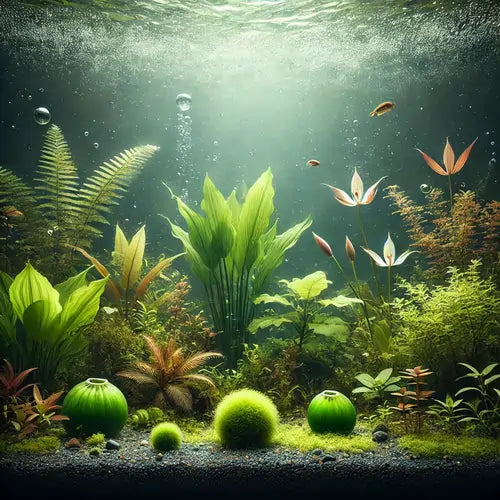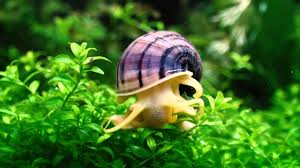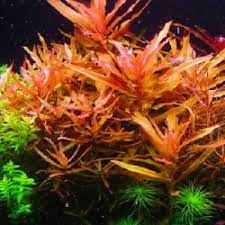Chain Sword Narrow Leaf Hellanthium Bolivianum
Grow stunning landscapes with foreground aquarium plants. Try fast-growing aquarium plants for lush underwater scenery. These aquarium ground cover plants quickly spread a vibrant carpet. Freshwater aquarium plants enhance any tank. Experience rapid and easy growth, perfect for any aspiring aquascaper.
- Transform your tank with fast-growing foreground aquarium plants.
- Achieve a lush aquarium ground cover with quick-spreading, easy care.
- Ideal freshwater aquarium plants for vibrant, thriving scenery.
At Canton Aquatics LLC, we take great pride in providing high-quality live aquarium plants to our customers. We understand the complexities involved in shipping live plants and are committed to ensuring they arrive at your doorstep in excellent condition.
Shipping Process:
- All live plants are shipped using USPS Standard and Priority Mail to provide the fastest and most reliable service.
- Plants are typically shipped Monday - Friday to avoid weekend delays.
- Each plant is carefully packaged in sealed plastic bags to hold in moisture during the shipping process.
DOA (Dead on Arrival) Policy:
- If you receive plants that are dead on arrival, please contact us within 2 hours of delivery with clear photographic evidence.
- Upon receipt of the photos, we will assess the situation. If the plants are determined to be DOA, we will replace or provide refund.
- For a valid DOA claim, replacements or refunds will be processed within 2 business days after the claim is approved.
- Please keep in mind that all plants require sun light to live therefore your plants may arrive slightly yellow. Please float your plants at the top of your tank near the light for 3 days if applicable. They will enjoy this new added light intensity to help them recover.
Limitations and Responsibilities:
- The DOA policy is only applicable if the first delivery attempt is made within the shipping duration specified at the time of purchase.
- Delays due to incorrect shipping information provided by the customer or missed deliveries will void the DOA guarantee.
- Extreme weather conditions can impact the health of the plants in transit. We recommend checking the weather forecasts and choosing a shipping window accordingly.
- It is the responsibility of the customer to acclimate the plants to their new environment according to best practices. Our DOA policy does not cover plants that perish due to improper acclimation.
Cancellation and Changes:
- Orders can only be cancelled or changed before they are shipped. Once the order is in transit, we cannot accept cancellations or changes.
Customer Support:
- If you have any questions or concerns regarding our shipping policy or the condition of your plants upon arrival, please contact our customer support team at [Contact Information].
By placing an order with Canton Aquatics LLC, you acknowledge and agree to the terms outlined in this shipping policy.
Please be sure to check the regulations in your state regarding restricted plants. Our policy is to avoid shipping any plants that are prohibited in your area to ensure compliance and environmental safety. It's important not to introduce plants into the wild or waterways, as this could disrupt local ecosystems by introducing invasive species.
We appreciate your efforts in helping to protect the environment. For the latest updates, you can consult the USDA State Noxious Weed list here.
Thank you for your dedication to preserving our natural habitats.





